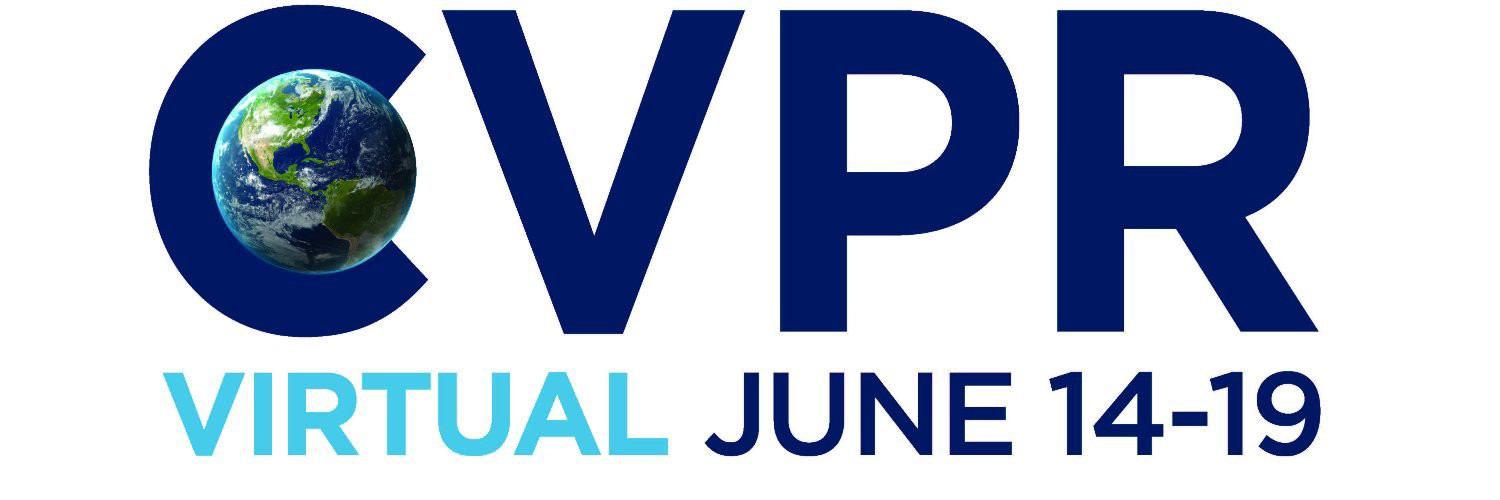Abstract:
Depth estimation from a monocular 360 image is an emerging problem that gains popularity due to the availability of consumer-level 360 cameras and the complete surrounding sensing capability. While the standard of 360 imaging is under rapid development, we propose to predict the depth map of a monocular 360 image by mimicking both peripheral and foveal vision of the human eye. To this end, we adopt a two-branch neural network leveraging two common projections: equirectangular and cubemap projections. In particular, equirectangular projection incorporates a complete field-of-view but introduces distortion, whereas cubemap projection avoids distortion but introduces discontinuity at the boundary of the cube. Thus we propose a bi-projection fusion scheme along with learnable masks to balance the feature map from the two projections. Moreover, for the cubemap projection, we propose a spherical padding procedure which mitigates discontinuity at the boundary of each face. We apply our method to four panorama datasets and show favorable results against the existing state-of-the-art methods.

